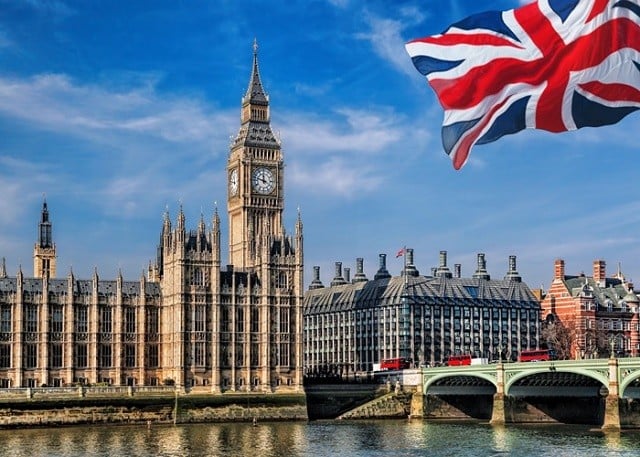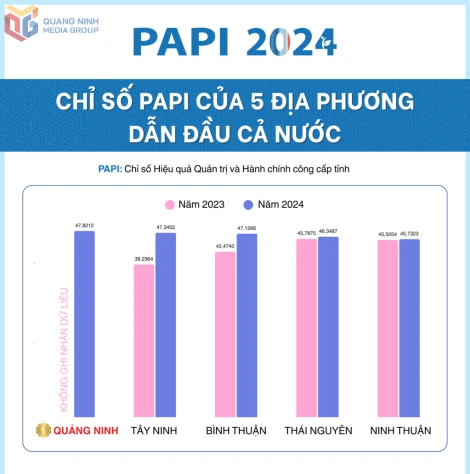 |
| The UK economy officially entered recession after two consecutive quarters of negative growth in the second half of 2023. (Source: CNBC) |
Specifically, the UK's Gross Domestic Product (GDP) decreased by 0.3% in the fourth quarter of 2023 after decreasing by 0.1% in the previous quarter.
Technically, this means that the UK economy is in recession.
All major sectors of the UK economy contracted, with manufacturing, construction and wholesale trade seeing the sharpest declines, offsetting the positive impact from growth in hotels, vehicle rental and machinery, said ONS director of economic data Liz McKeown.
For the whole of 2023, the UK economy will grow by just 0.1%, the weakest growth since 2009 when the global financial crisis occurred (except for 2020 when the Covid-19 pandemic affected the economy). In 2022, the UK economy will grow by 4.3%.
The not-so-good news about the UK economy did not affect the European stock market, as evidenced by the fact that all markets increased simultaneously.
In London, the FTSE 100 index of large companies rose 0.6% to 7,610.62.
Meanwhile, in the Eurozone, the CAC index in Paris rose 0.8% to 7,741.43 points and the DAX index in Frankfurt rose 0.7% to 17,057.87 points.
However, the Bank of England (BoE) predicts an improvement from this year. Finance Minister Jeremy Hunt said "there are many signs that the UK is reaching a turning point".
He asserted that officials are sticking to a tax-cut strategy to build a stronger economy.
British media reported that Mr Hunt is looking to cut billions of pounds in public spending, to offset proposed tax cuts in the budget plan to be announced next month.
Source


![[Photo] General Secretary To Lam meets with veteran revolutionary cadres, meritorious people, and exemplary policy families](https://vstatic.vietnam.vn/vietnam/resource/IMAGE/2025/4/15/7363ba75eb3c4a9e8241b65163176f63)
![[Photo] National Assembly Chairman Tran Thanh Man attends the summary of the organization of the Conference of the Executive Committee of the Francophone Parliamentary Union](https://vstatic.vietnam.vn/vietnam/resource/IMAGE/2025/4/15/fe022fef73d0431ab6cfc1570af598ac)
![[Photo] Welcoming ceremony for Prime Minister of the Federal Democratic Republic of Ethiopia Abiy Ahmed Ali and his wife](https://vstatic.vietnam.vn/vietnam/resource/IMAGE/2025/4/15/77c08dcbe52c42e2ac01c322fe86e78b)

![[Photo] Air Force actively practices for the April 30th celebration](https://vstatic.vietnam.vn/vietnam/resource/IMAGE/2025/4/15/16fdec3e42734691954b853c00a7ce01)
![[Photo] Ho Chi Minh City after 50 years of national reunification through buildings and symbols](https://vstatic.vietnam.vn/vietnam/resource/IMAGE/2025/4/15/a224d0b8e489457f889bdb1eee7fa7b4)







![[Photo] Vietnamese and Chinese leaders attend the Vietnam - China People's Friendship Meeting](https://vstatic.vietnam.vn/vietnam/resource/IMAGE/2025/4/15/1b8cb94bfea74b078ac908752c991401)
















































































Comment (0)